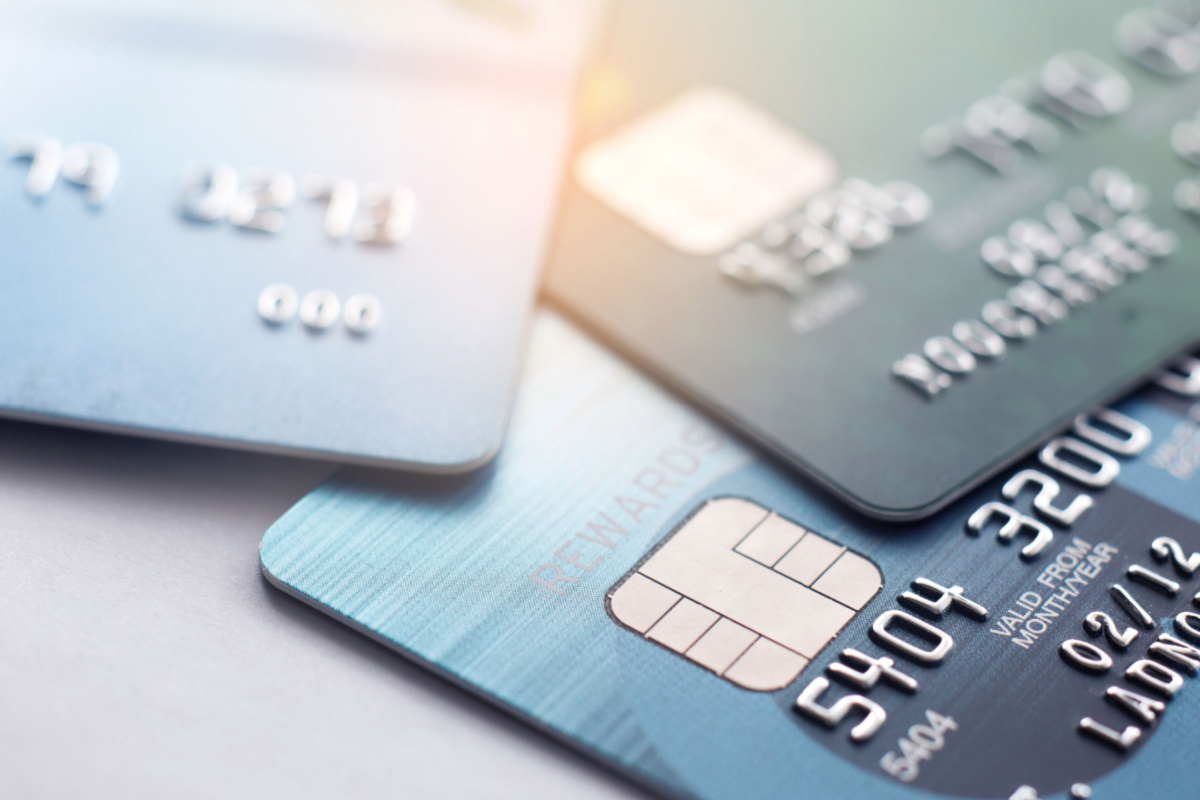Depending on your personal financial situation, lender, and your credit card issuer, it might be possible to pay off your loan with a credit card. It may be the case that you needed to borrow money online and now have a little more flexibility to be able to repay your loan and wish to clear your debts as soon as you can in a manageable way.
However, there are certain things to consider before deciding whether or not this is the right decision for you.
It is always important to remember that although you may be able to transfer or consolidate debt onto your credit card, you will still have debt that will need to be paid off in full. As a result, you should always ensure you can manage the debt you do need to pay off by not spreading it amongst too many credit providers.
Therefore, if you have taken out a £500 loan but can only afford to repay a small portion of the loan, look at whether it is worth it to repay with your credit card and whether there are any early repayment charges on your loan or if the credit card company charges for balance transfers.
Balance transfers on credit cards can be a very handy tool when you are trying to consolidate debts, with many UK credit card providers offering 0% balance transfers.
Is It Possible to Pay Off a Personal Loan With a Credit Card?
In the majority of cases, it may be possible to pay off a personal loan with a credit card with some credit card issuers treating it like any other balance transfer. You should always be mindful of what you can afford to repay to any credit provider, including credit card companies.

For some credit card issuers, you may need to do this by requesting a credit card convenience cheque. Once received, you can either make the cheque payable to the personal loan company or write the cheque out to yourself so that you can make the payment out of your current account.
Why Might I Want To Repay My Loan With a Credit Card?
It can be very straightforward to transfer a personal loan to a credit card as, more often than not, it can be done as a normal transfer. Not only that, but by moving your personal loan to a credit card, you can sometimes save a large amount of money by reducing your interest fees. As a result, the money saved can go towards paying off your remaining debt faster.
Then, by paying off your debts on time or even early, you may improve your credit score, which can help you when you look to borrow money in the future.
How Do I Pay Off a Loan With a Credit Card?
In order to pay off your loan with a credit card, you will need to request an early settlement figure from your loan provider, which will tell you how much you need to pay and outline any early repayment charges.
Then, depending on your credit card issuer, you can transfer the required funds to your bank account via a regular transfer or by using a money transfer credit card. Finally, you will need to pay off the balance on your credit card.
Things To Consider Before Paying Off Your Loan With a Credit Card
There are many different factors to consider when deciding to pay off your loan with a credit card. Make sure to carefully assess whether or not this is the right decision for you.
- Can you afford it? It may seem obvious, but in order to pay off your loan with a credit card, you will need to have enough credit available. Before paying off a loan with your credit card, make sure that the total loan amount (including fees) is within your credit limit.
- Will you save money? One of the biggest things to consider is whether or not you will actually be saving money. Take into account the early settlement figure and how much the total cost will be once factoring in early repayment fees and money transfer fees.
- Are you eligible? Before applying for a money transfer credit card, compare and contrast the different options and make sure you are eligible before applying for any.
Balance transfer fees could be between 1% to 5%, depending on the card issuer. This means that the fee is likely to be lower if you have borrowed £100 versus if you took out a £1,000 loan. Additionally, take into account the interest rates of the cards as sometimes the credit card interest rate could work out to be higher than that of the personal loan interest rate.
If you are accumulating a high-interest debt from a loan, such as a payday loan, transferring your debt to a credit card can save a lot of money. However, for more traditional loan types, the interest rate on the credit card may work out to be more expensive.
If you apply for multiple credit cards at once, it can negatively impact your credit score and work against you in the long run. It is always better to be sure that you will be approved before putting in an application to avoid long-term damage to your credit score.
